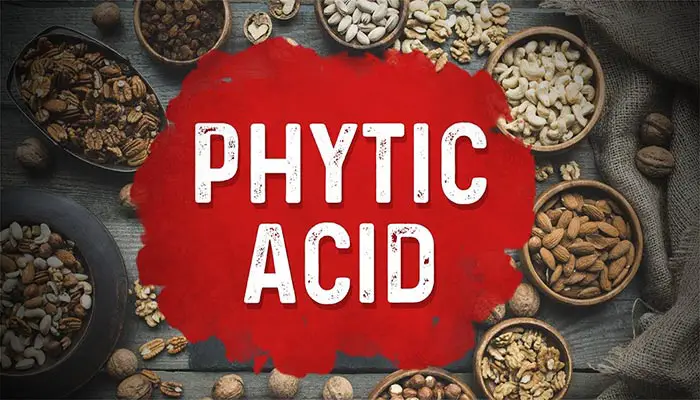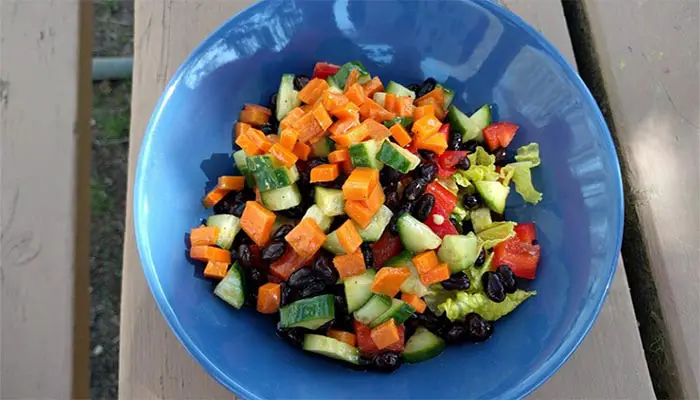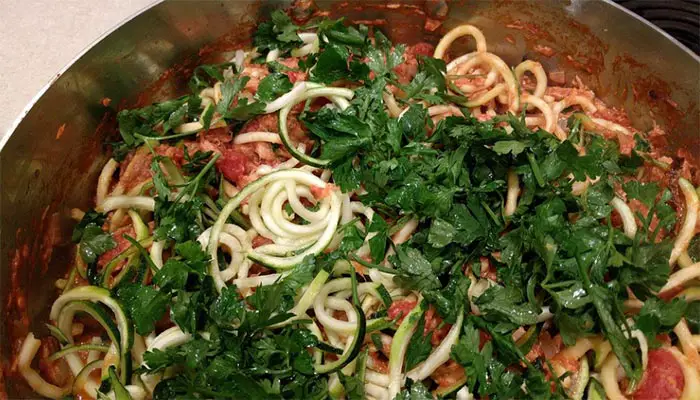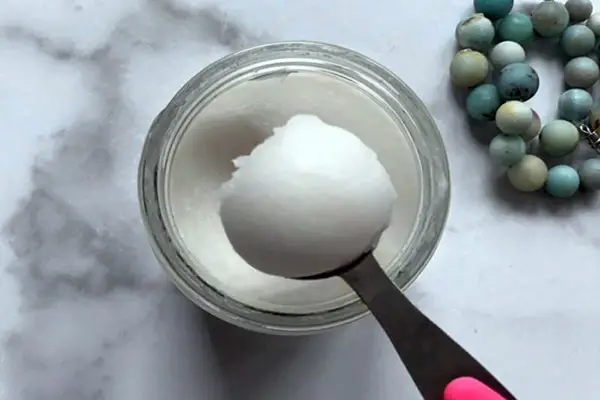Are you a bagels lover? If the answer is positive, you should know that bagels can be the cause of your cavities. In this article, you will find out that grains can negatively affect your teeth, just like the desserts you have been trying to stay away from.
The well-known Western diet high in sugars is probably the cause of cavities in 92% of Americans from 20-64 years old (1). It is not only the sugar, but studies say that healthy food can also be harmful to our teeth. More precisely, we are talking about grains. (2).
We have all been advised to stay away from the cheap candies because they may rotten our teeth. Here is what happens: eating carbs such as refined sugar and grains, causes oral bacteria to digest the carb leftover on your teeth. A mixture of bacteria and saliva eats tooth enamel, which results in cavities.
Was Cavities Present in Cavemen’s Life?
One would think that cavemen did not deal with gum and teeth issues. According to research, after the discovery of grains like barley and wheat, prehistoric people started having problems with cavities and tooth decay.
Human skeletons from 100-6000 years old were examined by scientists who looked for the oral bacteria causing cavities. After examining DNA from the mouths of skeletons, scientists revealed that people’s problems with cavities significantly increased when they started producing grains.

The change in the ‘oral ecosystem’ at that time turned into a perfect environment for bacteria to develop (3). So, cavemen did not need dentists until they discovered grains.
A few hundred years later, when humankind started consuming flour and refined sugar, provided the perfect environment for bacteria to destroy our teeth (4).
Phytic acid is a nutrient that people on the Paleo diet should not consume. In fact, this nutrient found in grains causes oral health problems.
Important to remember is that by producing grains, humans have increased the chances of developing oral bacteria that causes a cavity.
Phytic Acid is the Nutrient that Harms Your Teeth
People on the Paleo diet know that their menu does not contain legumes and grains because they have a coating named phytic acid (5).
Seeds, grains, and nuts contain phytic acid. This compound helps the storage of mineral phosphorus, important for the growth of plants. Even though good for plants, phytic acid is not good for people.

On the other hand, phytic acid binds to important nutrients such as iron, calcium, zink, and magnesium, and we are unable to absorb them. These nutrients are helping us build healthy teeth and gum, and protect our teeth from decay. Additionally, it has been revealed that phytic acid prevents us from absorbing vitamin D, which helps the absorption of calcium (7)(8)(9).
Some may wonder how seeds and nuts are on the menu of the Paleo diet when they have phytic acid. In this case, phytic acid can be decreased by sprouting or soaking legumes and grains.
In order to eliminate the phytic acid from seeds and nuts, the Paleo diet advises soaking them before consumption. Also, nuts are not consumed in high amounts because they contain lots of fat which makes them very filling. In this way, they cannot provoke the same issues as legumes and grains. For example, people eat a small handful of nuts and a cup of grains.
If you like legumes and grains, make sure to sprout, soak, and ferment them before consuming. (Nonetheless, the Paleo diet menu still does not include legumes and grains.
Important to remember is that phytic acid prevents the absorption of calcium and vitamin D which results in teeth problems such as cavities and gum disease.
Are Low-Fat Diets Dangerous for Teeth?
In order to prevent cavities, people need to remove foods that contain phytic acid from their diet menu. However, a low-fat diet can be also dangerous for teeth.
People who consume a low-fat diet, are at risk of fat-soluble vitamins such as K, E, D, and A. As we mentioned earlier, calcium and vitamin D are very important for oral health. Vitamin D helps calcium absorbance. Interestingly, vitamin D needs fat in order to be absorbed.

Furthermore, vitamin K contributes to healthy teeth and bones because it has antioxidant properties and produces the protein osteocalcin (10).
Also, vitamin K2 has the role of a protector of saliva against sugar and other acids that provoke teeth and bone decay (11).
In addition, the prevention of cancer and gum disease is aided by vitamin A which maintains healthy mucous membranes in the mouth.
People on the Paleo diet probably consume healthy fats via avocado, coconut meat, olives, olive oil, coconut oil, soaked nuts and seeds, and sometimes grass-fed butter or ghee. These fats are important for the absorption of the most significant nutrients for your oral health.
Important to remember is that you need to consume fat to help the absorption of vitamins K, E, D, and A which are crucial for calcium absorption and oral health.
Prevent and Reverse Cavities in a Natural Way
- Paleo diet
Paleo diet menu includes bone broth, grass-fed meat, and leafy greens which are low in phytic acid and contains lots of healthy minerals and fats that are necessary for oral health.

- Choose Mineralizing Toothpaste
To prevent teeth decay, you should use mineralizing toothpaste because it helps the restoration of minerals in tooth enamel. Also, you can make your own mineralizing toothpaste. Use coconut oil, add some trace minerals from phytoplankton, edible essential oils, and baking soda.
- Oil Pulling
A traditional Ayurvedic treatment known as oil pulling is used for natural detoxification that helps you to get rid of bad bacteria in your mouth. It is believed that oil pulling takes away bacteria and toxins from your gums and teeth. In this way, they cannot enter your GI tract. So, oil pulling is beneficial for your overall health, not just oral (13).

Additionally, oil pulling can help you get rid of bad breath. It can also whiten your teeth.
What do you need for oil pulling? Just one tbsp of coconut oil! When you wake up in the morning, before teeth brushing, put coconut oil in your mouth and swish it for about twenty minutes. Do this while being under the shower or while you are getting ready.
Make sure not to swallow the coconut oil because it will contain all the bad bacteria from your mouth. You do not want that bacteria inside your belly. So, spit the oil in the sink, wash your mouth, and continue with your flossing and brushing routine. To feel the benefits, do this each morning.
Important to remember is that in order to have healthy teeth, you need to stay away from phytic acid, try using mineral toothpaste, and do some experiments with oil pulling.
